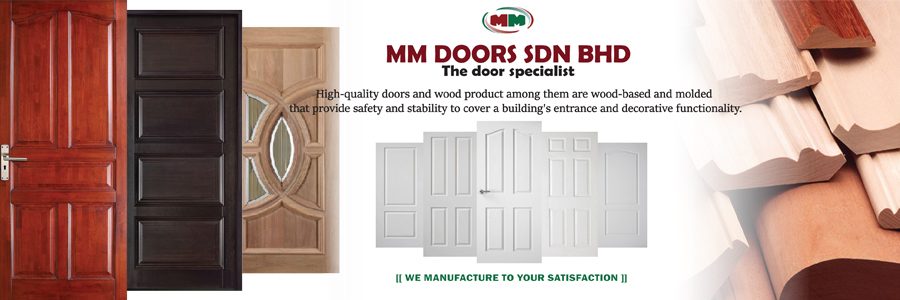As part of its continual efforts to represent the downstream timber industry in Malaysia, and to assist its members to grow sustainably, the Malaysian Wood Moulding and Joinery Council (MWMJC) engages its members in a variety of ways to more deeply understand their concerns and requirements. The recent focus group discussion held by MWMJC involving wooden flooring and decking industry players has uncovered several areas of shared concern within the industry, including matters related to the talent pool, certifications, raw materials diversification and procurement, and standardisation of best practices.
These focus group discussions involve the entire wooden flooring and decking ecosystem, from manufacturers and exporters to installers. Each group had its own perspective, while there was surprising unanimity on many of the shared concerns across the industry, providing MWMJC a clear focus on the issues that mattered most.

Over 20 industry representatives had come up with action plans and proposals that were both wide-ranging in scope and involved outreach/awareness building for multiple private and public sector parties. Based on these proposals, MWMJC will hold discussions with the relevant parties on matters pertaining to competition here and abroad, diversifying the supply of raw materials, manpower upskilling, semi-automation and other related technologies such as artificial intelligence (AI), and the establishment of standards and method statements for wooden flooring and decking, to name a few.

MWMJC recognises that whether manufacturer or installer, talent management is always a major challenge, be it the reduced pool of workers or the variable skill levels of new and existing workers in the field. To foster the growth of local talent, MWMJC will be working with the appropriate training agencies and bodies, such as Institut Kemahiran Tinggi Belia Negara (vocational training institutes), to create standardised training courses and apprenticeships for the industry. MWMJC will also look into setting up certifications for various skill levels achieved by workers, while also providing them clear career progression paths out of the shop floor and into executive roles.

A more long-term solution would be to help industry players, which are mostly small or medium-sized enterprises, reduce headcount and improve productivity through more extensive use of automation. MWMJC will look into ways of cooperating with government agencies and academia to facilitate industry players in proceeding with AI and automation.
To help combat material costs due to raw material shortages and unfavourable exchange rates, MWMJC will coordinate with the Malaysian Timber Council (MTC) with regards to sourcing missions, as well as to explore other tree species that can be suitably used for wooden flooring or decking purposes.

This potentially entails additional research and awareness-building into the right coatings, adhesives, and other treatments to modify and strengthen the property of less-durable timber for outdoor applications; ensuring that these are both environmentally-friendly and suitable for use given Malaysia’s climate.

MWMJC also realises that exporters face a daunting task when seeking PEFC/FSC and other certifications in terms of the complex processes as well as the high costs involved, and will liaise with MTC and other relevant bodies to see if any relief and assistance, whether financial or otherwise, can be provided to companies requiring them. With the existing markets being too small for at least some exporters, MWMJC will work with MTC to go on more market missions and explore non-traditional overseas markets. MWMJC will further explore ways and means for Malaysian exporters to value-add to their products to make them more attractive to overseas buyers. This may include positioning and branding Malaysian timber products as being more exclusive, seeing that Malaysia is one of the only places where its timber is sourced from sustainably-managed forests and plantations, thanks to sustainable forestry and logging programmes that started in the early 1900s.
Training and awareness-building amongst professional bodies related to the building and construction industries, such as PAM (Malaysian Institute of Architects), CIDB (Construction Industry Development Board), and QA/QC bodies, as well as government bodies regulating the same, is also on the agenda for MWMJC when it comes to encouraging the correct and greater use of timber in construction, providing a more standardised method statement and installation/product guidelines, correcting the negative perception of timber and emphasising the benefits and qualities of wood, and providing education on end-user care of wooden flooring/decking to ensure their longevity.
These are some of MWMJC’s conclusions and proposed implementation steps based on the focus group discussions, which will ultimately benefit the building and construction industry. For more information on how MWMJC can keep companies apprised of the latest developments in the field, visit its website at https://www.mwmjc.my/ or call the Secretariat at +603-9283 7893.




